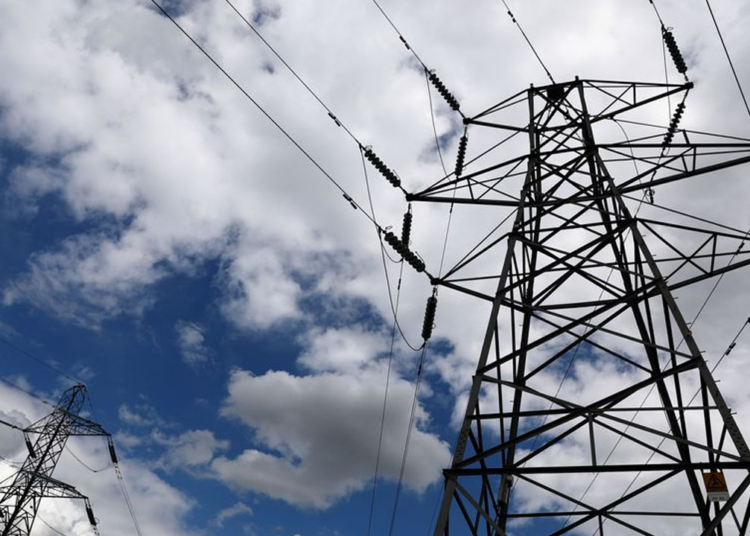The director general of Nigerian Textile Garment and Tailoring Employers, Dr. Hamma Kwajafa has identified poor infrastructure as the bane of Nigeria’s economic development, saying that the country’s drive for foreign investments cannot succeed without critical infrastructure like power in place.
Kwajafa who stated this in Kaduna while addressing the 35th Annual National Education Conference of National Union of Textile Garment and Tailoring Workers of Nigeria (NUTGTWN), said South Africa’s economy is doing better than Nigeria’s because of electricity.
According to him, South Africa with a population of just 60 million people, can boast of 50,000 megawatts of electricity, while Nigeria with a population of over 200 million people, is battling with 7,000 megawatts of electricity. He said, “that cannot drive a prosperous economy.”
“We say Nigeria is the giant of Africa, but infrastructure is our biggest challenge. Go to South Africa, they have 50,000 megawatts of electricity for a population of 60 million people. We are 200 million in Nigeria, but only 7,00 megawatts. How can that work for the industry?
“All dealers of textile materials now go to China to buy polyester fabrics and in Nigeria, they are asking us to use backward integration; that we have to buy cotton.
And this polyester can be produced in Nigeria, but our refineries are not refining in Nigeria for us to get the raw material. The refineries are exporting jobs.
“How can we have four refineries and none is working? But an individual, Dangote, could build a refinery. Why can’t we do our own work? It is nothing but corruption. And we are having high petrol prices. We need to occupy the refineries, NLC ought to go on strike to demand that refineries work, not when somebody is slapped.
“We must fight to ensure that we have adequate infrastructures; this power must work for us. Without that, we cannot have new jobs and a prosperous economy. The reason the Dollar is growing higher everyday against the Naira is because we are not exporting. Instead, we are the highest importer of Champagne. We are busy consuming what we don’t produce, giving others job, that cannot help us,” he said.
Earlier in his keynote address at the Education Conference themed; ‘the Future of Work in the Nigeria Textile and Garment Industry’ President of the Textile Workers’ Union, Comrade John Adaji called on the Federal Government to take drastic steps to save the textile sector through tightening up of the nation’s borders by the Nigeria Customs Service.
He also called for increase in import duties for finished textile products, granting of tax waivers to local industries, provision of adequate infrastructure especially energy and availability of forex to import raw materials among other measures.
According to him, “Today, the cotton, textile and garment sub-sector of the economy which used to be the second largest employer of labour after the public sector is on steady decline due to company closures and massive loss of jobs. Massive and indiscriminate importation of textile products has become the order of the day.
“It is time to address decisively the perennial challenges facing the textile industry particularly smuggling and electricity supply. We also urge the government at all levels to direct their procurement policies towards patronage of Made in Nigeria Textile fabrics in line with the Executive Order of the previous administration,” he said.





